Into the Covenant of Restoration and Blessing of Bethel (Genesis 35:9-15) 10/11/2020
The Answers of the 1st, 2nd, 3rd RUTC:
Into the Covenant of Restoration and Blessing of Bethel (Genesis 35:9-15) 10/11/2020
The covenant Abraham held onto was the original covenant and the covenant his son Isaac held onto was the covenant of succession, and Jacob, Abraham’s grandson from the passage held onto the covenant of restoration.
Why is it called restoration? The covenant and blessing that one generation held onto had become faint after two generations. The result of that was lifelong suffering and created extensive times of pain. The difference between America 100 years ago and America now after two generations are beyond words. Churches are closing, seminary students are decreasing, and the few pastors who are left are exhausted and barely enduring (today happens to be the National Pastor Appreciation Sunday). Pastors are not the only problem. All Christian families and children are going down the same road. This is the reason we pray and devote to the remnant ministry with a consuming passion. The covenant we are holding onto needs to blossom and bear fruit in the next 30 years, but what should we do the leaves are withering and falling? We must look at Jacob and look into the future to that point, hold onto the covenant, and discover the absolute mission. Jacob surely knew the covenant and was born into a family and household that enjoyed this blessing. However, all problems began when he deceived his father and brother and attempted to receive God’s blessing. Jacob flees from his brother and father and goes to Haran and gets married there, but even his marriage did not go smoothly. He spent all his days supporting his uncle who was also his father-in-law. He finally made it to his homeland but a conflict with his brother awaited him. His daughter gets sexually assaulted by descendants of Canaan and is at the brink of war. At the most despairing time, Jacob made an important resolution. All pain and problems ended and became a new start to restore everything that God had prepared. That was the incident of going up to Bethel from the passage (verses 1-8). God ended the enemy to where Jacob no longer needed to go to war (verse 5).
- Why did Jacob have to live this kind of life?
When we face many problems and suffering, they may be environmental problems, reality problems, and interpersonal problems.
1) However, we must first consider the spiritual responsibility of the parent when a child faces failure and suffering.
① Even if we may be unable to help in every other aspect, we must clearly relay God’s absolute plan and absolute covenant for our Children within my life and prayer. His father Isaac failed to do this. When Isaac had twins God said, “Two nations are in your womb, and two peoples from within you shall be divided, the one shall be stronger than the other, the older shall serve the younger” (Genesis 25:21-23).
② Isaac lost hold of God’s absolute plan and poured everything into the first son (Genesis 25:28).
The first son was at a level of selling his birthright to his younger brother, and later Jacob disguised as his brother and received his father’s blessing.
2) Jacob himself had problems.
① He received the covenant through his parents. However, it only became greed for God’s blessing.
② So when Jacob was fleeing, God Himself came to Jacob and told him about the covenant (Genesis 28:13-15). God revealed to Jacob that He was the God of Jacob’s grandfather Abraham and his father Isaac. He told him that the land he laid on will be given to him (Canaan Covenant and Covenant of Christ), all nations will be blessed through him and his descendants (evangelism and mission, the covenant of world evangelization), and said that God would not leave him for the sake of fulfilling this covenant (Covenant of Immanuel). Jacob set up a pillar in that place, poured oil on it, named it Bethel, and prayed a prayer of an oath. However, Jacob lost hold of the covenant his whole life and did nothing like his oath. He lived almost like a nonbeliever.
- What is the answer that God gives within this reality? Now God Himself will restore everything.
God used all the problems and incidents that Jacob experienced. All the problems and incidents we face are time to restore everything that God has prepared for us. God confirmed three absolute covenants.
1) God first changed Jacob’s name to Israel (verse 10). It is a covenant of identity.
“Israel” means “to be ruled by God.” It is the blessing that God’s people and children will enjoy. It was a name he received when he broke his hip socket from wrestling with God at the Jabbok River, and it was confirmed once again. Jacob’s entire life was about competing and wrestling with someone. Once he lays himself down and receives God’s reign, that ends (filling of the Holy Spirit).
2) This is the covenant of God’s absolute plan that He desires to do through the saved Children of God (verse 11-12).
① God will let it be so that I will enjoy God’s blessing even without struggling to receive blessings (covenant of the source of blessings).
He says, “I am God Almighty, be fruitful and multiply”. Lay down my standards and greed and enjoy the blessings from God.
② He said, “A nation and a company of nations shall come from you, and kings shall come from your own body” (Covenant of Posterity, Summit Covenant).
Look to the time schedule that will come through the posterity of our flesh, our spiritual posterity, and remnants. You will see what you need to challenge to when you see this in advance, hold onto it and enjoy it (heavenly mandate, calling, commission, and mission).
③ God said that He would give Jacob the land that was given to Abraham and Isaac and that it would also be given to his descendants (covenant of world evangelization).
“Give land” signifies that He will entrust all fields (school, work, business). He will give the evidence there. Why? It means to do evangelism and mission there. It is my mission field. Do everything as you pray to receive this evidence.
3) There is a resolution that Jacob made while holding onto this covenant (verse 14). He found an absolute mission that included a personal contract with God.
① He builds a stone pillar at the place where God spoke to him. He left a sign at the place where he made a personal contract with God.
Write down a covenant oath regarding what kind of covenant and mission you will challenge to before God when you go to school, receive a position, bear children, and receive important answers. Reading this once becomes your confession of faith.
② It said that he poured a drink offering on it. Pouring wine on the offering signified that he would devote himself with all his life. It carries a meaning of martyrdom of staking one’s life (2 Timothy 4:6). This is the determination of evangelism disciples.
③ It said that he poured oil on top. Pouring oil signifies the work of the Holy Spirit.
He believed and prayed that God would help me in the personal contract, devotion, and mission I hold onto through the Holy Spirit and triumph over the works of the forces of darkness. Pray for the filling of the Holy Spirit over everything. God will help, guide, and give evidence.
Conclusion – We consider what it would have been like if Abraham directly taught Jacob (generational education). Abraham experienced much pain and suffering, held onto the covenant with a consuming passion, and relayed it. Later on, Jacob relays this covenant to Joseph and blesses His grandchildren. Bethel was a place where Jacob deeply confirmed and experienced God. May the House of God be established in you.

